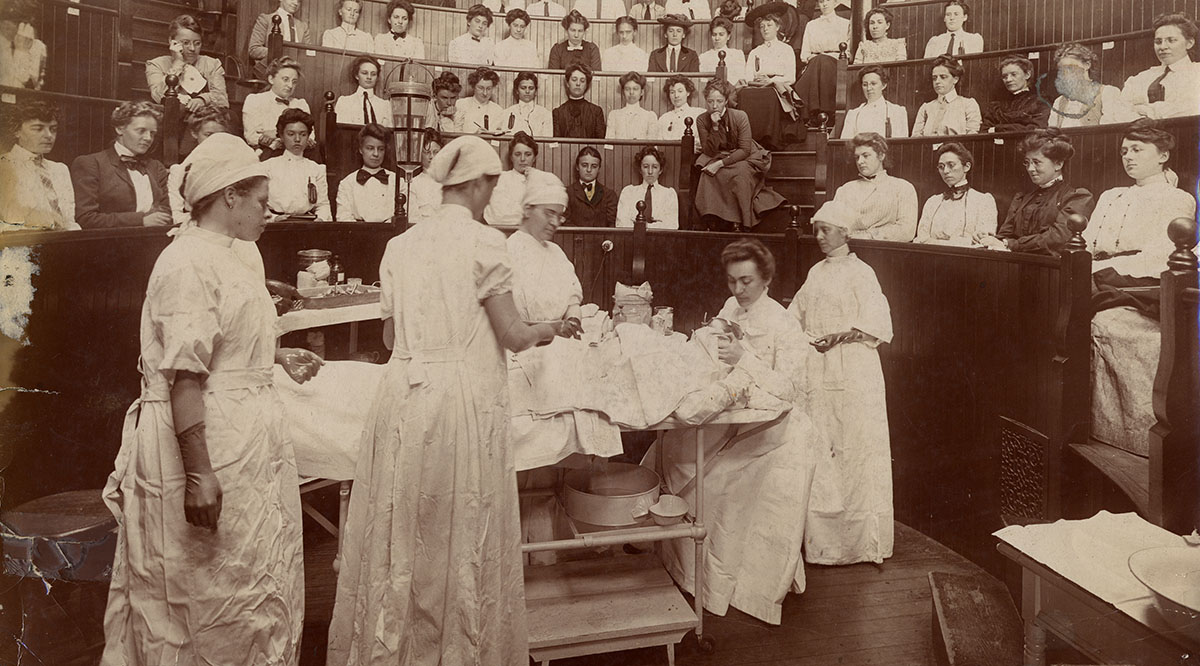
FAQ About Women in the History of Medicine
Women in the History of Medicine
2 years ago | gizem
Who was Mary Edwards Walker, and why is she notable in medical history?
Dr. Mary Edwards Walker was a pioneering American surgeon and women's rights advocate who is notable in medical history for her remarkable achievements and contributions. Here are some key aspects of her life and significance:
- Early Life and Education: Mary Edwards Walker was born on November 26, 1832, in Oswego, New York. She was raised in a progressive and unconventional family that supported her educational pursuits. She attended Syracuse Medical College (now Upstate Medical University) and graduated as a medical doctor in 1855, becoming one of the very few female physicians of her time.
- Civil War Service: During the American Civil War, Mary Walker volunteered as a contract surgeon for the Union Army. She became the first female surgeon in the U.S. Army and worked primarily in field hospitals and battlefronts, tending to wounded soldiers. Her dedication and courage under fire earned her the Medal of Honor, becoming the first and, to date, the only woman to receive the nation's highest military honor.
- Advocacy for Women's Rights: Beyond her medical service, Dr. Walker was a vocal advocate for women's rights, including suffrage and dress reform. She wore a modified military uniform throughout her life as a symbol of her defiance against traditional gender roles and expectations.
- Champion of Dress Reform: Mary Walker was known for her unconventional attire, which included trousers, a shirt, and a jacket, a choice that defied Victorian-era norms for women's clothing. She believed that restrictive women's clothing was a form of oppression and argued for more practical dress for women.
- Author and Lecturer: Dr. Walker wrote extensively on women's rights, health, and dress reform. She published books and articles advocating for gender equality and women's suffrage. She also delivered lectures across the United States to promote her views.
- Humanitarian Work: After the Civil War, Dr. Walker continued her medical practice and was actively involved in humanitarian efforts. She worked with poor and underserved communities, particularly in the South, and supported efforts to improve public health.
- Legacy: Mary Edwards Walker's legacy is multifaceted. She is celebrated for her groundbreaking contributions to medicine, her bravery during the Civil War, and her advocacy for women's rights and dress reform. Her Medal of Honor was restored posthumously in 1977 after it was revoked in 1917 due to changes in the criteria for the award.
